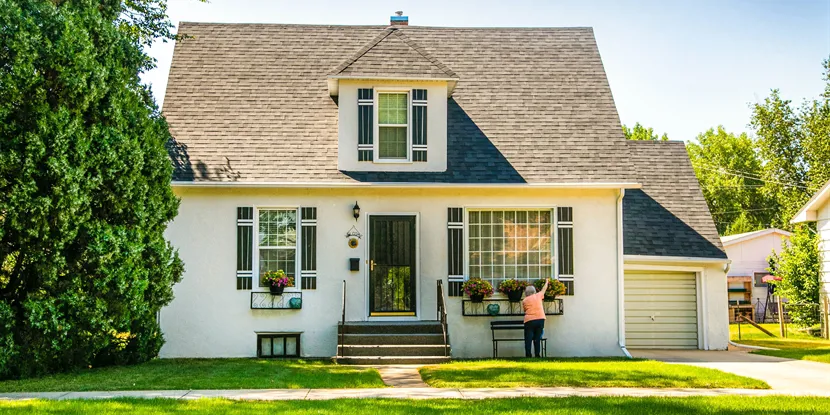Long-term renting

A Long-Term Rental provides a reliable housing solution that works for both tenants and landlords, delivering stability, security, and peace of mind. A comfortable routine, for tenants, steady rental income for landlords. It’s a built in compromise that’s the foundation of the housing market.
Definition and characteristics
In this case, long-term renting means renting a property for a period of six months or longer. It’s not only about the length but also the commitment involved. A tenant will agree to stay in a property for a set period, usually for a year, on mutually agreeable terms. It is best for someone who wants to be treated as though they have a home, not an expensive hotel.
Benefits for tenants
The benefits of long-term renting to tenants are numerous and unique. Stability is a key attraction — a fixed lease guarantees housing for years. It allows tenants to put down roots, become a part of the neighborhood, and live an unchanging lifestyle.
Another critical piece is affordability. Monthly rates for long-term leases tend to be more attractive than for short-term arrangements. Tenants may also have opportunities to customize their homes, making a rental a real home.
Advantages for landlords
Long-term renting is an attractive option for landlords, too. Leases won’t change and offer a predictable element to cash flow. This, in turn, can lead to fewer tenant turnovers and reduced associated costs, including property cleaning or marketing costs, and so on. In addition, landlords usually discover that long-term tenants tend to be more responsible and maintain the property, allowing it to retain its value.
Practical considerations
Both parties should consider several key factors before entering into any long-term rentals. Lease terms need to be well understood by tenants. These contracts usually cover details like rent, maintenance responsibilities, and renewal conditions.
Landlords, in turn, must keep the property in good condition, making repairs promptly to ensure tenants’ continued satisfaction. The rental rate can also affect profits, if it aligns with market conditions.
Long-term renting is a reliable, practical solution to housing needs. By providing stability and predictability, it serves the interests of tenants looking for a home, and landlords looking for reliable income.Navnoor Sandhu, New Westminster. With proper thought and communication, it is still a mainstay of the rental space.
